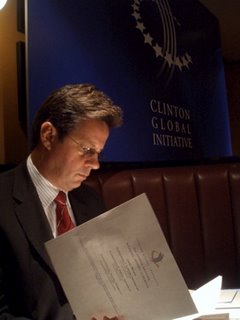The 2001 Federal Reserve Board Survey of Consumer Finances estimates that around 12.7 percent of U.S. households are "unbanked", or not in possession of a checking account.
Therefore, almost 12 million households make up a definite block of the "bottom of the pyramid" in the U.S.. According to the Financial Service Centers of America (FiSCA) (the trade organization for check cashers) there are approximately 11,000 check cashing centers in the U.S.
These centers cash more than 180 million checks annually, at a total face value exceeding $55 billion. The check cashing charges range from one percent to 10 percent depending on the type of check (government, payroll, or personal), the amount of the check, and in some states, possession of proof of ID for the customer. Check cashing services in 18 states are unregulated. Frost & Sullivan estimates the size of the check cashing industry at approximately $2.5 billion.
The U.S. Department of the Treasury has designed an Electronic Transfer Account (ETA) in order to offer affordable services geared to match the financial habits of the un-banked population; The ETA eliminates the burden of depositing minimum funds to open an account, mitigates the strain of maintaining the average minimum balance, and protects against the common prospect of bounced checks and its associated charges. The ETA ensures that individuals who are required to receive federal payments electronically have access to an account at a reasonable cost (no more than $3 a month) and have the same consumer protections available as other account holders at the same financial institution. ETA is available at around 18,000 banking branches in the U.S.






